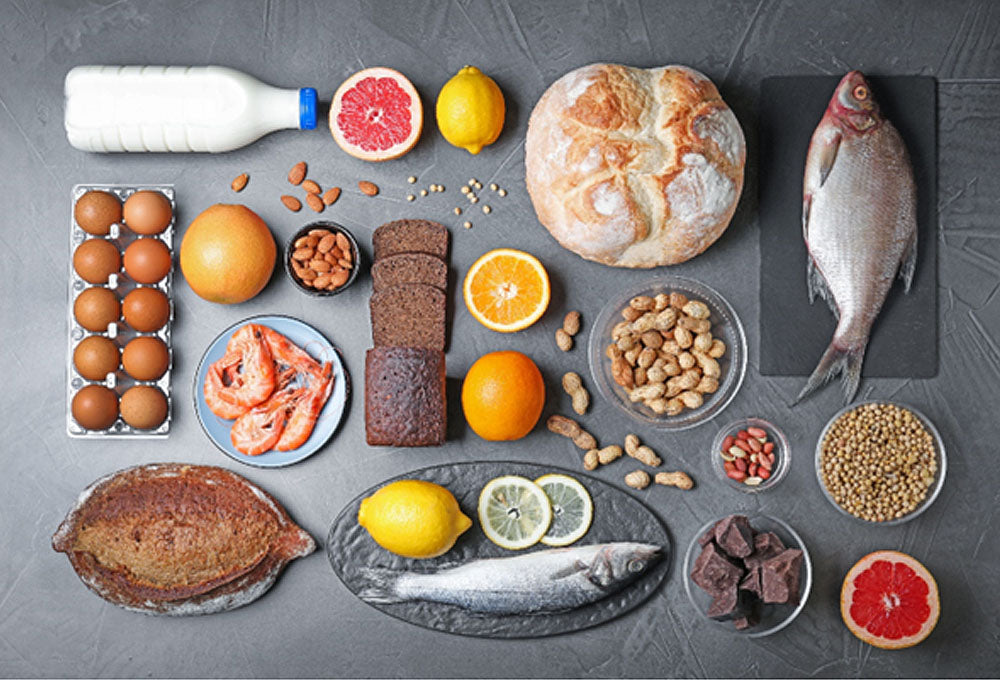Did you know that malnutrition is much more common than we think, despite living in a first world country! It is believed to affect over 3 million people in the UK of which 1.3 million are over 65 years of age. The cost to the NHS is estimated to be around £23.5bn per year!
It is thought that about 76,000 hip fractures occur each year affecting mainly older people and is more common in women. It is usually a result of weak bone structure and a fall. Hip fractures can lead to a hip replacement operation and it is thought that around 81,000 people have a hip replacement each year.
Malnutrition is often the cause of a hip fracture due to weakened muscle strength, inadequate calcium and vitamin D intake and lack of the fatty adipose tissue which protects the hip muscle.
Managing nutritional needs following any fracture is vital. Malnutrition will lead to complications such as a delay wound healing, infections and ulcers. A reduction in mobility due to lack of energy can lead to further complications and even death.
Increasing protective nutrient intake following a hip fracture will help to reduce further complications and issues and will give the patient the ability to allow their body to repair successfully.
Nutritional support should be to correct the deficits of energy, protein and the important micronutrients which we need on a daily basis. This should be done by having a detailed nutrition plan for the patient to encourage them to increase these nutrients in their diet. Meal-planning with a registered Dietician or Nutritionist is essential. There is also the ability to supplement the diet with oral nutritional supplements and this should also be discussed. These are a great way of adding nutrients into the diet of those who may be struggling with food preparation, who may be tube fed or who maybe have a lack of appetite due to things like pain medication.
Using high energy snacks can help to increase the extra calories needed following a hip fracture, as well as having frequent drinks to keep a patient hydrated and also prevents them from developing pressure sores.
Calcium and Vit D are 2 nutrients well-known to be important for bone strength. It is worth noting that without Vit D, we can’t absorb calcium and so it is vital that anyone recovering from a hip fracture has a Vit D supplement on a daily basis. Foods high in calcium include dairy foods such as cheese and yogurt as well as green leafy veg, almonds, sardines, pulses and dried fruits. Also, some breakfast cereals are fortified with calcium as well as dairy free products.
If you are looking after a loved one in hospital following a hip surgery, try and encourage them to get out of bed at mealtimes and join fellow patients at a table to eat if possible. Chatting to other people can make mealtimes more enjoyable and less stressful. Bring food in to the hospital that you know they enjoy and maybe put the food in an eye-catching, bright tin or airtight container. Or, bring food in on a plate that they use at home to make it more appealing.
Make sure if you are looking after a hip fracture patient that you discuss their increased nutritional needs based on supporting recovering and preventing further complications. A hospital Dietician should be involved in the discharge process to ensure malnutrition is not an issue when the patient is back home.
A healthy diet, high in energy, protein and essential vitamins and minerals is the best way of ensuring a full and healthy recovery from any fracture which may occur.
Thanks to Theresa from Your Family Nutritionist for the blog. If you are interested in a personal consultation please visit Your Family Nutritionist website to find out more.
Click here to read more blogs on Health and Wellbeing






